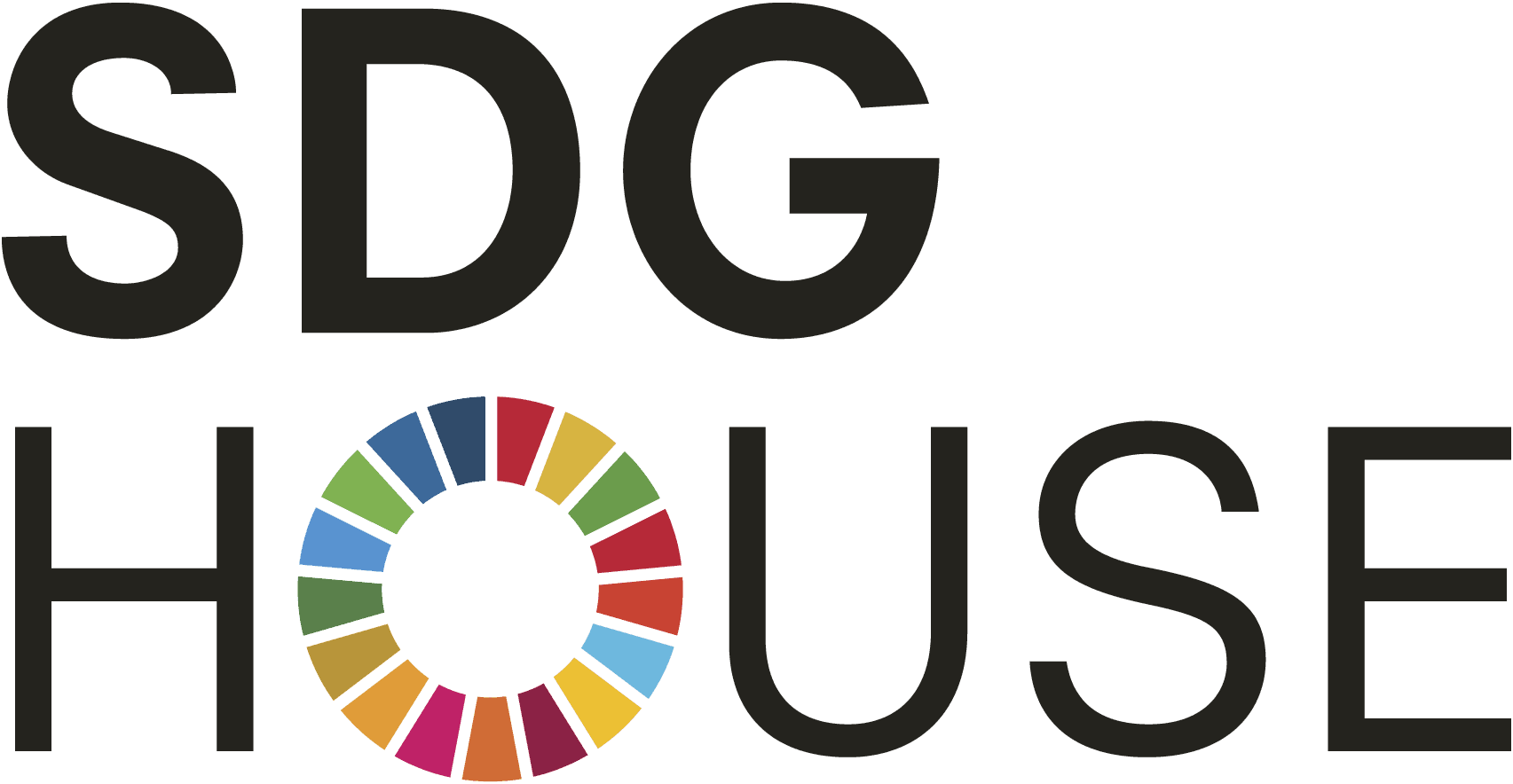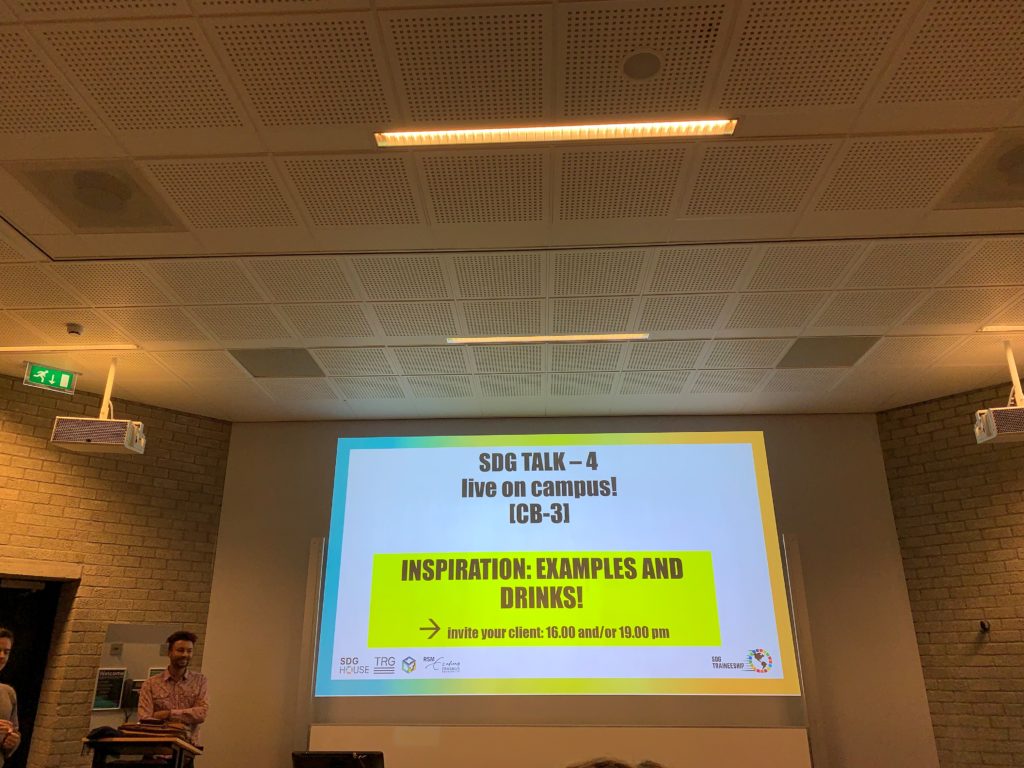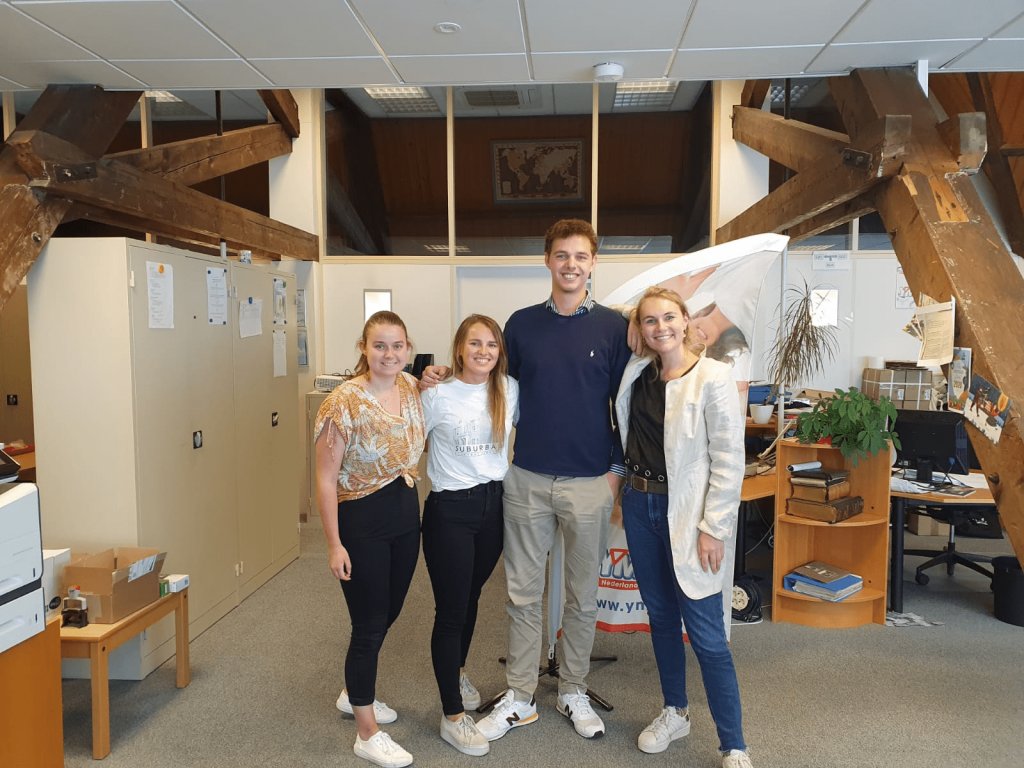SDG TALK BLOG BY TEAM LAGE WEIDE

The lecture this week was about the “Why Not” and the “Why so slow?” questions that are raised in the book about principles of sustainable business. The lecture was given by Rob van Tulder, a professor of International Business-Society Management at Rotterdam School of Management, Erasmus University (RSM). Among many other things he has published the book about the Principles of Sustainable Business in collaboration with Eveline van Milwith. The book proposes frameworks for corporate action on the SDGs. The lecture from this week was based on chapter 2 and 3 of this book.
The first interesting lesson learned during the second SDG talk is about people responsibility to act on the SDGs. It’s a fact that eventually everyone gets to deal with the problems the SDGs are tackling. Even the most ‘elite’ people (rich and or powerful) on our planet will in time not be able to look away from current problems. There is a rising pressure on the wealthy people to make a positive impact on these problems. Additionally we talked about power inequality in the world. One of the challenges on a local and company level is how to deal with power and power inequality. Here too we see more and more people actually using their power to make sure the world gets more inclusive. Besides powerful people there are many examples of people without power who are having a positive influence on the SDGs. Look for instance at Greta Thunberg who initiated a powerful movement on climate action starting as a single person (child) without much power. Another topic the talk focused on is the ‘nexus’ concept. The ‘nexus’ concept refers to the value of an integrated approach to policy and decision-making that not only focuses on individual components, but takes the interrelatedness and interdependencies of the entire system (or relevant parts of it) into consideration. Using the nexus concept we saw that all SDGs are related to each other and some problems have surprising outcomes looking at their nexus.
Something that surprised us were the outcomes of the quiz at the end of the lecture. This had everything to do with the nexus concept. The first question for example was about what SDG is the most important in addressing climate change. The answer to this question is gender equality. However, only two people got this right. Gender equality is important as this relates back to education. With an emphasis on education for girls! In a lot of countries there is limited access to education or it is only accessible for men. If you would include everyone all over the world it will result in more consciousness about the climate and better decision making, which contributes the most to climate change.
Lastly, the talk highlighted how to deal with wicked problems by analyzing the problem, identifying wicked opportunities and formulating actionable goals. This is a useful approach to our project. Furthermore, the lessons on using the nexus can be used to convince our client that it is worth contributing to the SDGs. Although the problems are highly interconnected, this can be used to your advantage. Tackling certain targets may lead to positive spill-over effects towards other goals. It all depends on good organization to optimize the positive external effects and lessen the negative external effects.


